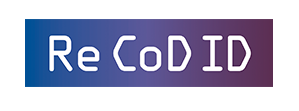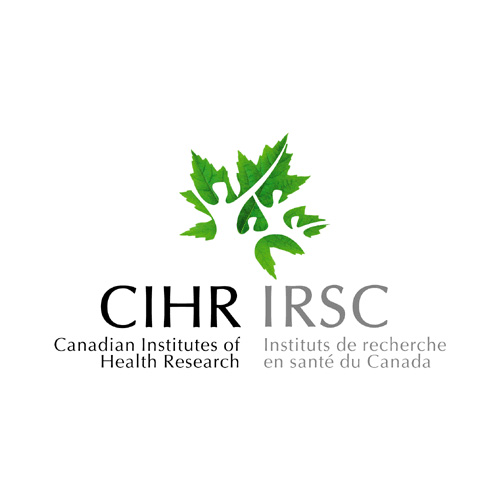Expandable List
Reconciliation of Cohort Data in Infectious Diseases (ReCoDID) is a four-year project that brings together a multidisciplinary team from four continents to fast track the research response to viruses and other pathogens, by facilitating data sharing among infectious disease (ID) cohort studies, especially arbovirus diseases and COVID-19. ReCoDID builds on existing infrastructures and partnerships to develop and implement a new model for collaborative research in epidemic response.
The revolution in personalized medicine has fundamentally changed clinical practice in the fields of chronic disease, cancer, and rare genetic disorders. As global investment in “high density laboratory” (OMICS) research increases, researchers and communities must come together to address the gap between high-income and low- and middle-income countries (LMICs) in terms of whose OMICS data is shared and analyzed — and who benefits from the advances made possible by OMICS data.
In this project, the ReCoDID team will develop the data architecture and the methods, governance, and linkages to advance science and better evaluate and connect clinical epidemiological and OMICS data in ID. ReCoDID leverages and improves existing IT infrastructure and creates computational tools to democratize and facilitate data access and enable cloud-based, federated data repositories to connect data providers with the scientific community. ReCoDID analyzes the political, ethical, administrative, regulatory, and legal (PEARL) issues related to data sharing to protect the interests of data subjects, while implementing collaborative and transparent processes to guarantee benefit sharing and the participation of LMICs. It also connects to the open science community to ensure LMIC populations are included in, and benefit from, the personalized medicine revolution.
ReCoDID has been organized into eight work packages. The Institute on Ethics & Policy for Innovation (IEPI) is leading work package two, which is tasked with identifying and addressing the PEARL (barriers and solutions related to combining, analyzing, and sharing datasets and specimens across ID cohorts. IEPI is also leading the development of the ReCoDID Data Governance Framework, while engaging members of other ReCoDID work packages in a multidisciplinary and collaborative effort. IEPI also strengthens collaboration with a network of partners working on similar projects in data ethics and governance.
To ensure that data contributors in LMICs participate in, and benefit from, personalized medicine-based approaches to ID research and response, the ReCoDID team has the following objectives:
- Identify and address the PEARL barriers and solutions related to combining, analyzing, and sharing a range of datasets and specimens across infectious disease cohorts.
- Develop and implement a roadmap, tools, and analytical methods to reconcile, analyze, and link the following:
- human clinical, epidemiological, and diagnostic laboratory data within and across infectious disease cohorts
- OMICS data with synthesized clinical-epidemiological metadata
- Develop a governance model and searchable portal for decentralized cataloguing of data repositories and biobanks.
IEPI partners with a multi-disciplinary, international collaborative network. Read more about our partners.


